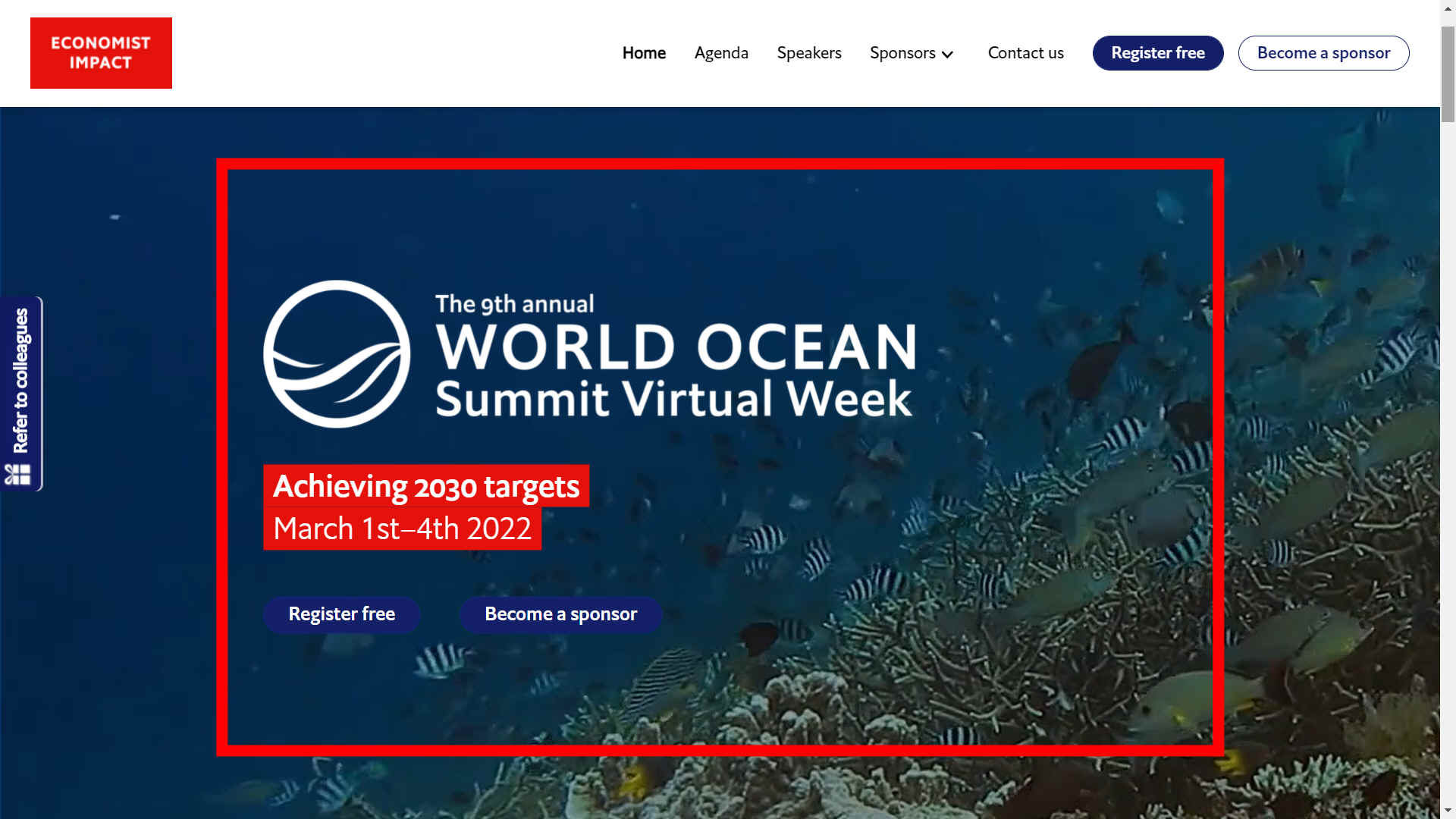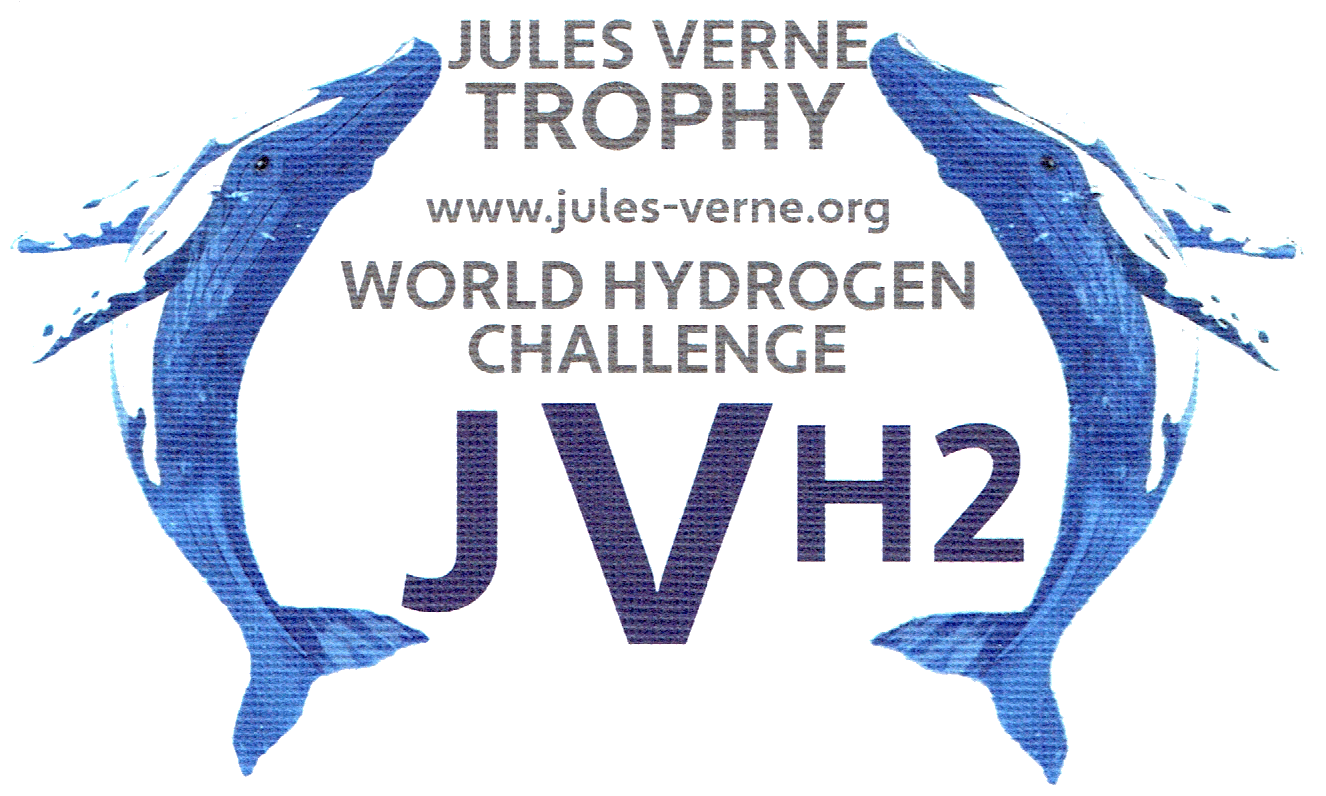WEDNESDAY
2nd MARCH 2022
This global event is taking place over four days, and will bring together a
very broad cross-section of the ocean community, from businesses to scientists, government, investors, and civil society. It will feature six industry tracks:
shipping,
fishing, aquaculture, energy,
tourism, and
plastics.
Speakers will provide reality-checks on how their industries are progressing towards 2030 targets, and what needs to happen next.
Presidential Special Envoy, John Kerry has been leading a climate cure
charge for many years.

US
CLIMATE ENVOY - John Kerry has spent 28 years representing Massachusetts in the U.S.
Senate. He is the 68th U.S. Secretary of State, now fighting the climate crisis.
He says that geopolitical tensions including the current crisis over Russia and Ukraine could hamper international efforts to curb global warming at a crucial time.
Speaking at the annual Munich Security Conference, the former Secretary of State warned that the rise in the cost of energy stoked by the crisis may make consumers and governments wary of taking tough measures needed.
That may well be the case, but we cannot allow a dictator like Vladimir
Putin, to not be dis-possed of kleptocratic ambitions that are violations of
the Genocide Convention. The timing is not just unfortunate, but looks to
have been deliberately timed to interfere with climate ambitions, all part
of a plan to take over the Ukraine un-opposed. The 9th annual World Ocean Summit will feature six industry tracks focusing on:
1. shipping,
2. fishing,
3. aquaculture,
4. energy,
5. tourism,
and
6. plastics.
This is the nub of a blue growth agenda, including
deep sea mining and
biotech,
with seaweed farming high on the agenda from carbon dioxide absorption and
food ingredients, though at the moment it is difficult to include that as a
defined asset - with a value path that is recognised.
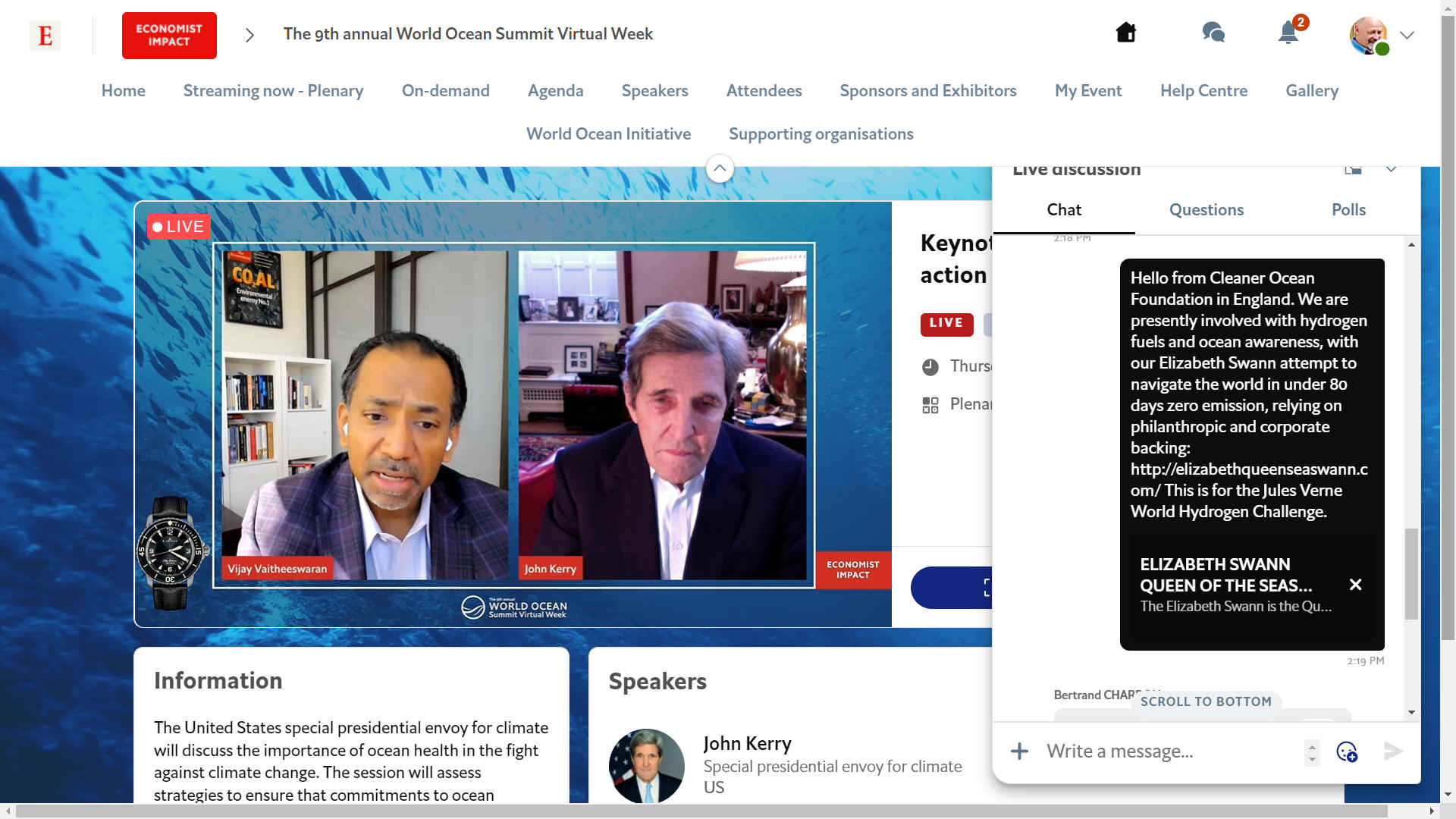
The
Keynote 'ambition' speech was given by John Kerry, with Vijay Vaitheeswaran
hosting for the Economist. We are very grateful to Mr Kerry for all his
sterling efforts to conserve the ocean over two decades. Dealing with
pollution in the form of plastics and climate change, focused on zero
emission shipping - and the International Maritime Organization's (IMO)
targets. Where if not appropriately policed, some less scrupulous fleet
operators will be running dirty ships, with impunity. 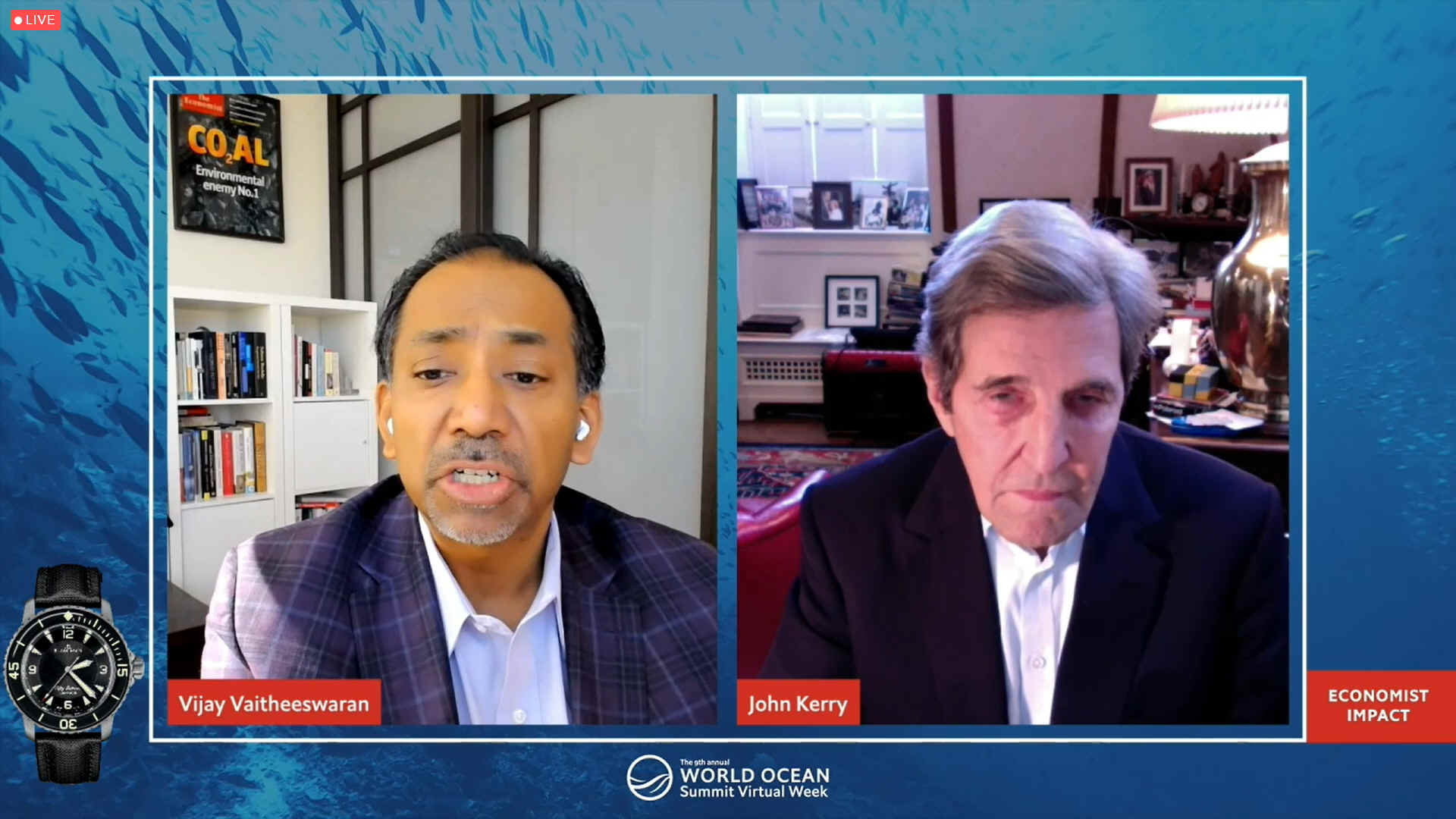
Vijay Vaitheeswaran is the global energy and climate innovation editor of The Economist and host of its podcast on
climate change, “To a Lesser Degree.” His editorial responsibilities range from business and finance to technology and innovation. From 2017 to 2021 Mr Vaitheeswaran served as the New York-based US business editor. He opened the magazine’s first Shanghai bureau in 2012 and was China business editor until 2017. He led the editorial team that launched the bilingual Economist Global Business Review app. Mr Vaitheeswaran joined The Economist in 1992 as its London-based Latin America correspondent, and opened its first regional bureau in Mexico City in 1994. 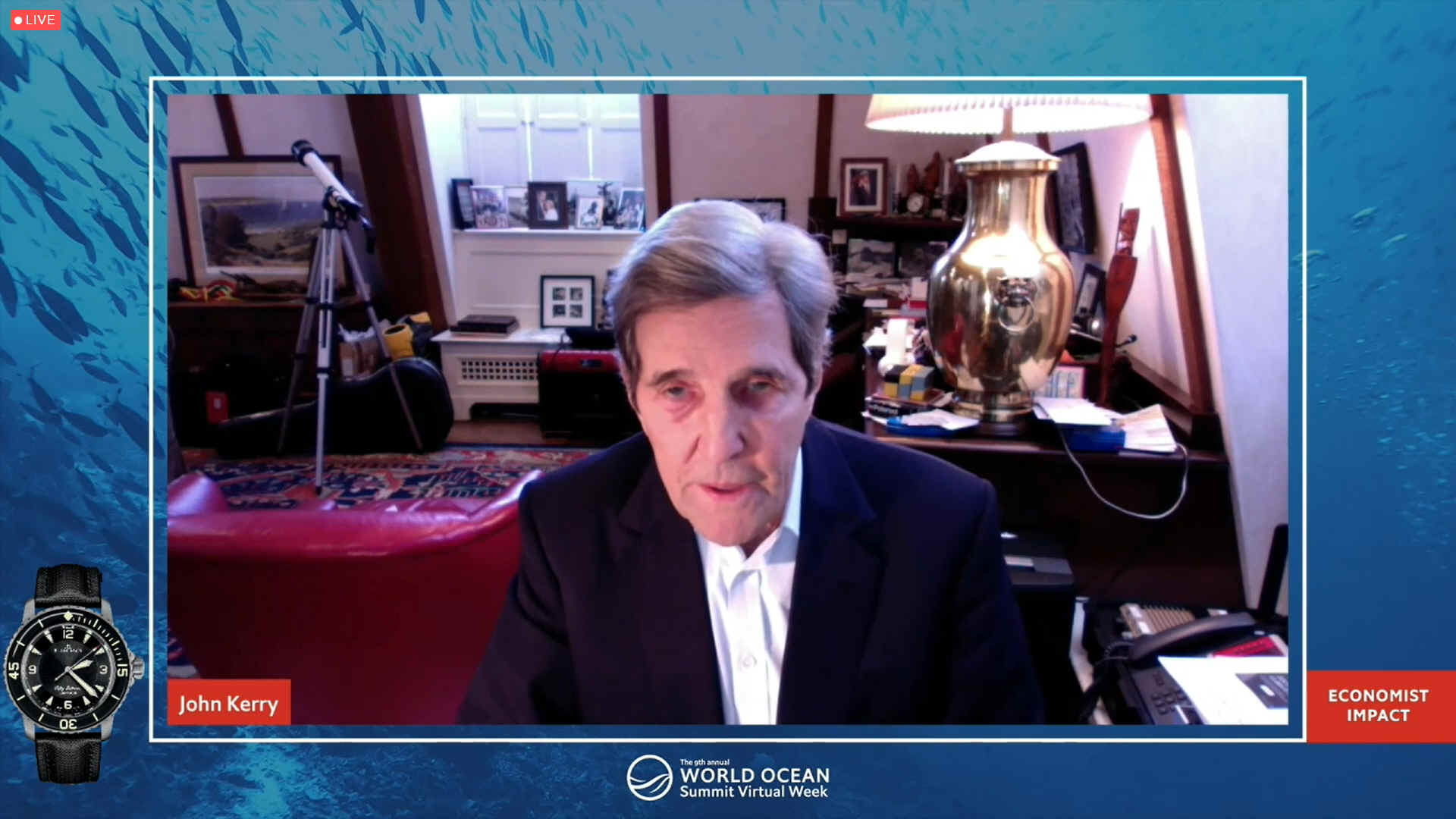
SPECIAL
PRESIDENTIAL ENVOY - The United States is extremely concerned at the lack of
policing of the ocean when it comes to over and other illegal fishing. With
controls fishermen simply turn off their digital trackers as it suits them.
Then turn them back on when they have made a catch in protected areas. As
there is no enforcement, these pirate plunderers are getting away with Blue
Murder. What is the big picture for ocean regeneration, and how can collaboration between governments, industry, investors, scientists and NGOs bring it about?
These sessions will outline International expertise, ambition and new strategies to restore ocean health.
These high-level plenary sessions addressed cross-industry topics including ocean finance, ocean governance, and
ocean restoration
solutions. Speakers discussed the very important issue of the finance gap, assessed new technologies and highlighted successful initiatives that are beginning to make an impact on ocean health.
Food
security being one issue, that would allow the seaweed industry to
develop without so much hype, as looking at the science and planetary
balance sheet.
JOHN KERRY ON COP26 - GUARDIAN 16 NOVEMBER 2021
Cop26 delivered no big climate deal. Nor, in truth, was there any reason to expect one. The drastic measures that might – at a stroke – open a path to climate stability are not viable in political or diplomatic terms. Like climate breakdown itself, this is a fact to be reckoned with, a fact not just about “politicians”, but about the polities of which we are all, like it or not, a part. The step from the scientific recognition of a climate emergency to societal agreement on radical action is still too great. All that the negotiators at Cop26 could manage was makeshift.
When it comes to climate finance, the gap between what is needed and what is on the table is dizzying. The talk at the conference was all about the annual $100bn (£75bn) that rich countries had promised to poorer nations back in 2009. The rich countries have now apologised for falling short. The new resolution is to make up the difference by 2022 and then negotiate a new framework. It is symbolically important and of some practical help. But, as everyone knows, it falls laughably short of what is necessary. John Kerry, America’s chief negotiator, said so himself in a speech to the CBI. It isn’t billions we need, it is trillions. Somewhere between $2.6tn and $4.6tn every year in funding for low-income countries to mitigate and adapt to the crisis. Those are figures, Kerry went on to say, no government in the world is going to match. Not America. Not China.
We should take the hint. There isn’t going to be a big green Marshall plan. Nor are Europe or Japan going to come up with trillions in government money either. The solution, if there is to be one, is not going to come from rich governments shouldering the global burden on national balance sheets.
So, how does Kerry propose to close the gap? As far as he is concerned, the solution is private business. Hence the excitement about the $130tn that Mark Carney claims to have rallied in the Glasgow Financial Alliance for Net Zero, a coalition of banks, asset managers, pension and insurance funds.
Lending by that group will not be concessional. The trillions, Kerry insisted to his Glasgow audience, will earn a proper rate of return. But how then will they flow to low-income countries? After all, if there was a decent chance of making profit by wiring west Africa for solar power, the trillions would already be at work. For that, Larry Fink of BlackRock, the world’s largest fund manager, has a ready answer. He can direct trillions towards the energy transition in low-income countries, if the International Monetary Fund and the World Bank are there to “derisk” the lending, by absorbing the first loss on projects in Africa, Latin America and Asia. Even more money will flow if there is a carbon price that gives clean energy a competitive advantage.
It is a neat solution, the same neat neoliberal solution that has been proffered repeatedly since the 1990s. The same solution that has not been delivered.
Talk of carbon pricing evokes the bitter memory of shock therapy in eastern Europe and the developing world. BlackRock’s backstop idea is the logic of the 2008 bank bailouts expanded to the global level – socialise the risks, privatise the profits.
At this point those promising trillions in private funding to fight the climate crisis reveal themselves to be the true utopians, just utopians of a neoliberal variety. Carbon pricing – a fee placed on emissions – may be the economists’ favourite. The one place where it may work, ironically, is in Europe, where energy is already heavily taxed and the most sophisticated welfare states in the world can cushion the impact. China is experimenting with the largest carbon market yet. But as a global proposition, a single minimum carbon price is a non-starter, first and foremost in the US, whose economists invented the idea.
Nor is Congress or any European parliament about to vote in favour of hundreds of billions of dollars to backstop BlackRock. Western states carried out bailouts in 2008 and again in 2020. But those were desperate efforts, faute de mieux, to save the status quo at home. And that was toxic enough. Stretched to a global scale, it has zero political appeal.
However, the risk is not that Cop26 opens the door to some gigantic neoliberal climate stitch-up, but instead that we remain locked in our current impasse, careening towards catastrophe.
Faced with that prospect, both the US and the EU seem less preoccupied with grand schemes of carbon pricing and blended finance, than with pushing a case-by-case approach. Four separate initiatives show the direction of travel.
The deal on aluminium and steel announced by the EU and the US ends one of Trump’s more absurd trade wars and turns it into a process for agreeing on accounting rules for carbon. What seems to be envisioned is a hi-tech, clean-steel trade zone, with tariffs imposed on high-carbon imports from China, Russia and Ukraine. It isn’t a global carbon price, but a sectoral rich-country buyers’ club.
On coal, though the final declaration was disappointing, the US is working with India to promote the rollout of renewables. This involves a three-way partnership with the UAE to provide technical assistance and finance to speed up the move away from coal. India is not the only emerging market with a coal problem.
One of the best pieces of news out of Cop26 was the multinational $8.5bn package to support the winding down of coal burning by
Eskom, South Africa’s bankrupt and dysfunctional
power
utility.
To accelerate the pace of industrial change, history tells us that the key is to incentivise first movers – leading firms that adopt new technologies and thus send the message to their competitors: innovate or be left behind. In unleashing a race to the top, the announcement of the First Movers Coalition in November, backed by the US and the
World Economic Forum and involving firms like shipping giant Maersk and Cemex and Holcim, two of the world’s leading cement makers, is potentially a significant step.
Finally, there is the deal to cut emissions of methane, the long-neglected but deadly
greenhouse gas, by 30% by 2030. That will involve a technological push across the oil and gas industry worldwide.
Advocates of the Green New Deal have long urged big government-led industrial policy. The approach of Kerry and his team seems to follow a more low-key, pragmatic script. As Danny Cullenward and David Victor write in their book, Making Climate Policy Work, rather than attempting a contentious grand bargain, the key is to find coalitions of the willing and drive change sector by sector, raising ambition through repeated rounds of bargaining.
Like the Paris agreement of
2015, which first demonstrated this pragmatic approach in action, the Kerry initiatives face two big questions. Will a series of ad hoc measures add up to an adequate overall solution? Furthermore, not every deal can be win-win. How will the tough trade-offs be fought out? Whose interests will be served? The reply by the pragmatists is that no general answer can be given in advance. The proof of the pudding is in the eating. It is not much of an answer. But, as Cop26 attests, it may be the only realistic one.
If that is the case, then the response of the climate movement should be to keep up the pressure. In political terms, pragmatic ad hocery may be realistic, but there is no negotiating with the dwindling carbon budget. Given how deeply entrenched the status quo is, the temptation to conservative wishful thinking is everywhere. Someone has to pound the message home. The biggest risk is not to change.
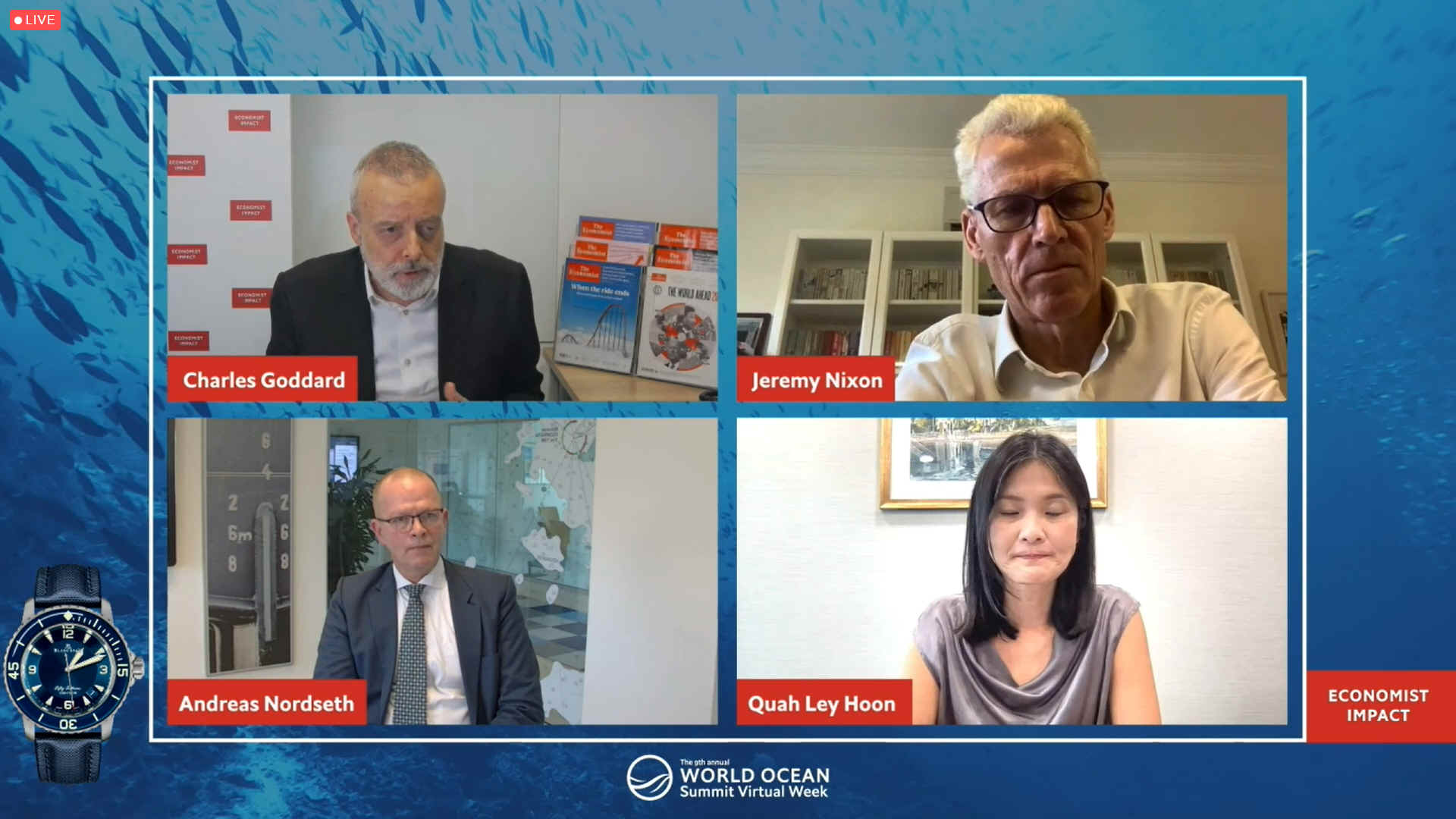
Charles Goddard imagines and builds the Group’s flagship initiatives, the purpose of which is to catalyse progress on key issues of the day. He works closely with partners on themes ranging from ageing and longevity to ocean health, focusing particularly on healthcare, the Anthropocene and the blue economy. Based in Hong Kong, Charles was previously editorial director, Asia, at the Economist Intelligence Unit, director of research in Asia, and managing director of the Economist Corporate Network, a peer network for senior executives. He is concurrently executive director of the Group’s World Ocean Initiative.
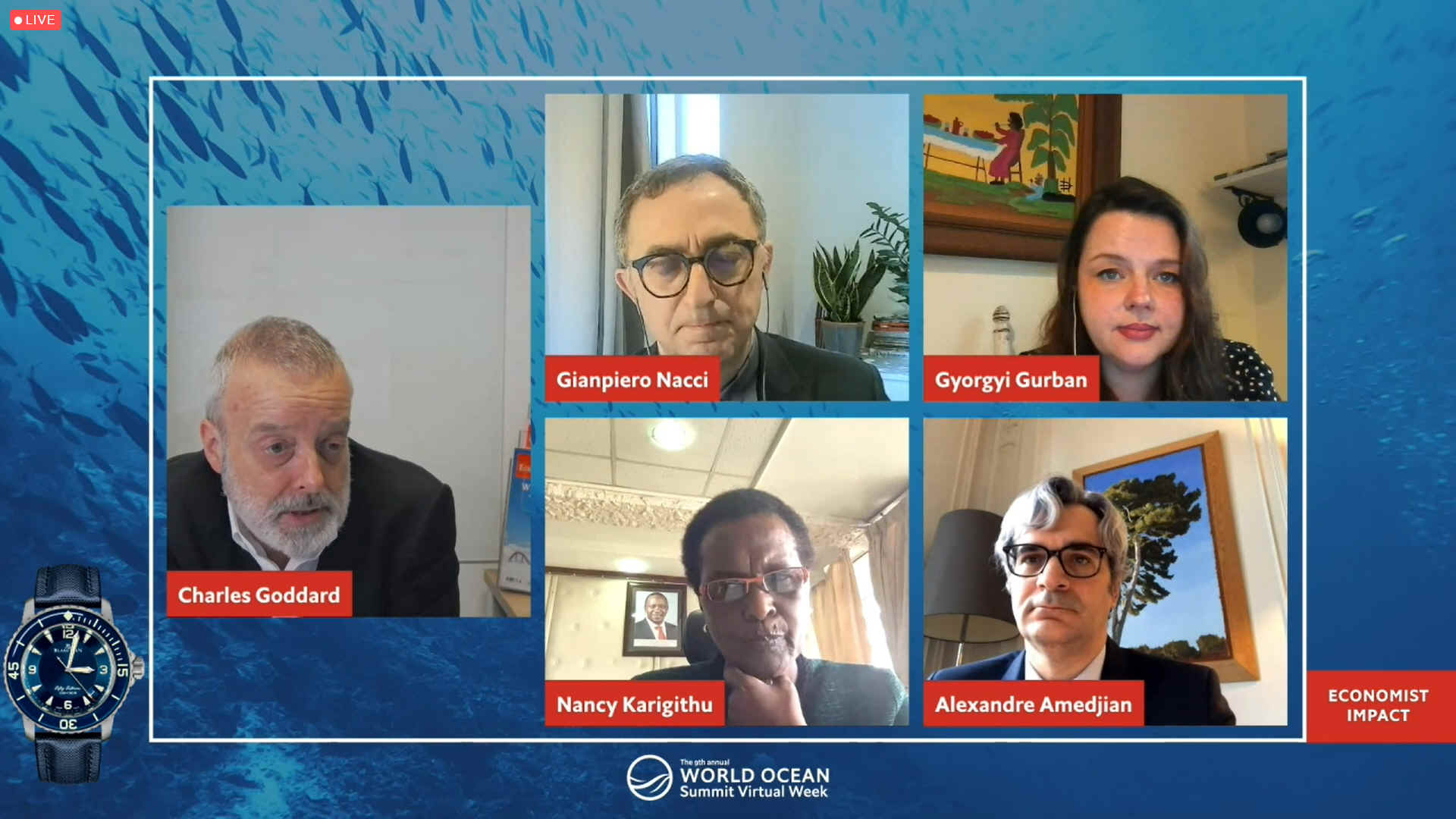
The
panel of speakers Tuesday 1st March 2022, provided some very interesting
aspects of financing the change to zero carbon shipping, where it is by no
means clear what fuels will prevail, and how aggressive the IMO will be in
setting targets. Concessional finance might include a tie in with carbon
taxes and R&D innovation funding - or even scrappage. z
CONTACTS
general enquiries: oceansummit@economist.com.
Marketing or PR event enquiries:
Naomi Grice
Marketing Manager
naomigrice@economist.com
Speaking Enquiries:
If you are speaking or you have an enquiry about speaking:
oceansummitspeakers@economist.com.
Sponsorship opportunities details about sponsoring and partnering.
Tatiana Der Avedissian
Email: tatianaderavedissian@economist.com
Tel: +44 (0) 739 560 4731
Alice Calvert
Email: alicecalvert@economist.com
Tel: +44 (0)795 6330 689
|
